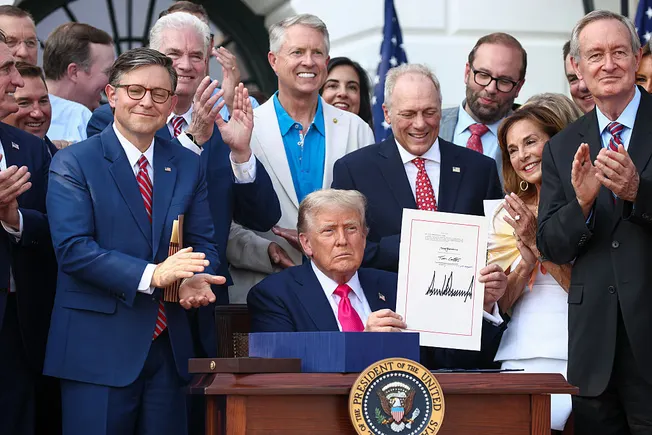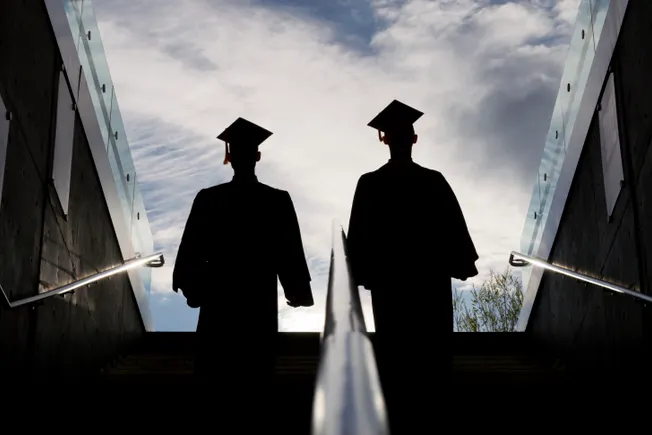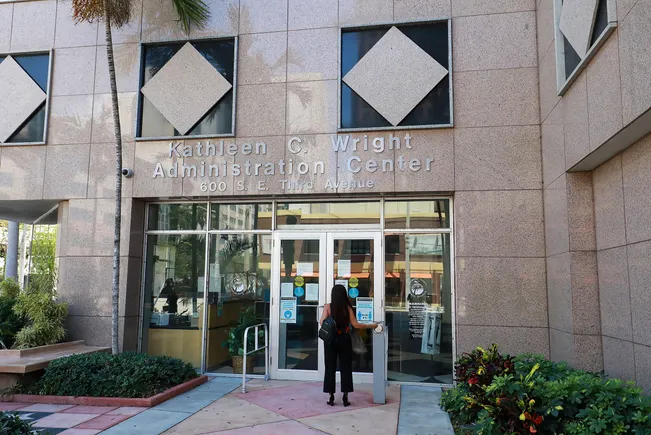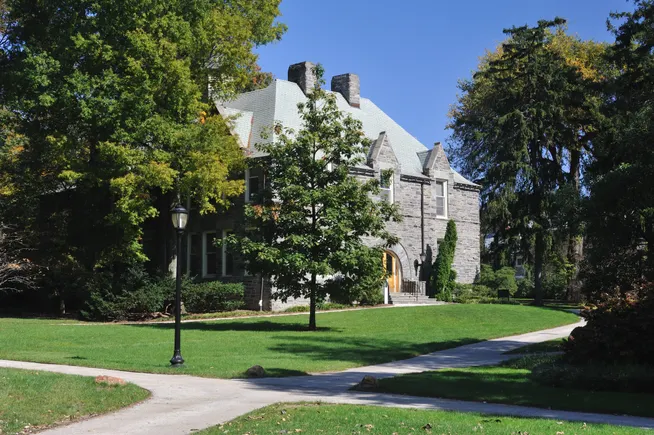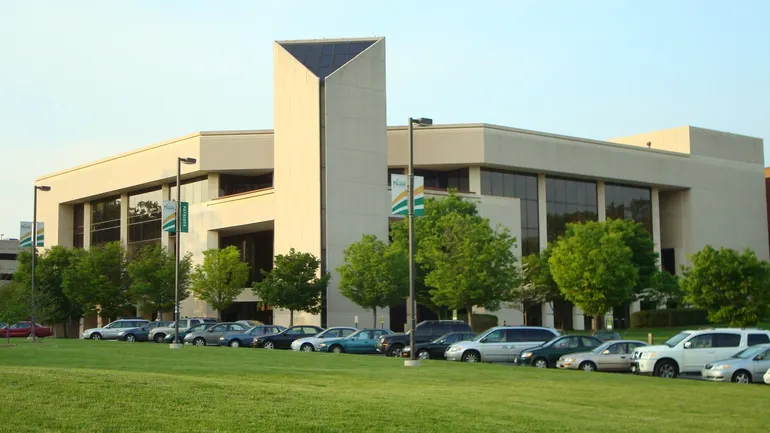Dive Brief:
- Hampshire College faces persistent operating pressures and potential closure risk if it can’t refinance its debt, according to the private Massachusetts institution’s latest audit.
- Hampshire breached the terms on a group of bonds last June, which could trigger a default, according to the college’s latest audit. Moreover, the college has been negotiating with a bondholder wishing to exercise an option on a separate bond group that would force Hampshire to pay the securities immediately.
- Lenders have extended a refinancing deadline until September as the college looks to “demonstrate the successful implementation of its strategic plan to potential investors,” said the audit for the year ending June 30.
Dive Insight:
Not long ago, Hampshire College was the poster child for a successful higher education turnaround, raising tens of millions of dollars in donations and adding hundreds of students to its student body after a close brush with closure in 2019. But as its fiscal 2025 audit shows, the institution is once again under heavy financial stress.
In addition to talks with bondholders, auditors cited recurring decreases in net assets and negative cash flow from the college’s operations. Given those woes, auditors once again added in the college’s financial statement “going concern” language, accounting terminology that signals an entity might not be financially able to continue operating beyond a year. Hampshire’s audits for fiscal years 2023 and 2024 included similar warnings.
Hampshire’s fiscal 2025 year ended in June with a 13.9% drop in total net assets, to $37.9 million, and an operating deficit of $3.7 million.
The college’s total debt stood at $24.9 million at the end of the fiscal year. More than $20 million of that moved from long-term debt to short term after Hampshire breached bond covenants in 2025 and years prior.
Since 2022, one of the college’s bondholders has been trying to exercise a put option, which gives the holder the ability to sell back the bond to the issuer at a given price. As of late November, Hampshire hadn’t come up with a way to refund or refinance the bonds. “Both lenders have extended the tender dates to September 2026,” according to the audit.
According to the institution’s audit, “The College has stated that its ability to continue as a going concern is contingent on securing financing for these bonds.” Along with refinancing, however, officials are also exploring ways to boost enrollment, reduce expenses and potentially sell real estate.
The college has faced the threat of closure before. In fall 2019, Hampshire opted to admit only a partial incoming class as it navigated deep financial distress.
By June 2020, the college had racked up a total operating deficit of $7.1 million, more than double from the year before. But a curriculum revamp and fundraising blitz helped bring the college back from the brink of closure.
Yet pressures remained. The college has continued to operate in the red while trying to chip away at its deficit. In 2024, the college cut 9% of its staff after lower-than-expected enrollment and as it continued working toward a balanced budget.
“We’re still growing, enrollment is still increasing,” then-President Edward Wingenbach told Higher Ed Dive at the time. “This is really more about ensuring that we can continue to be successful as the parameters of that growth change.”
Wingenbach left the college last January, as the college touted steep long-term rises in both applications and enrollment, which reached 844 by fall 2024 — up nearly 70% from two years earlier. Jennifer Chrisler, previously Hampshire’s chief advancement officer, replaced him as permanent president in October after stepping in as interim.
Hampshire’s enrollment ambitions hit another major speed bump last fall, when its new student enrollment of roughly 150 students missed the college’s goals — by half, MassLive.com reported last week.


